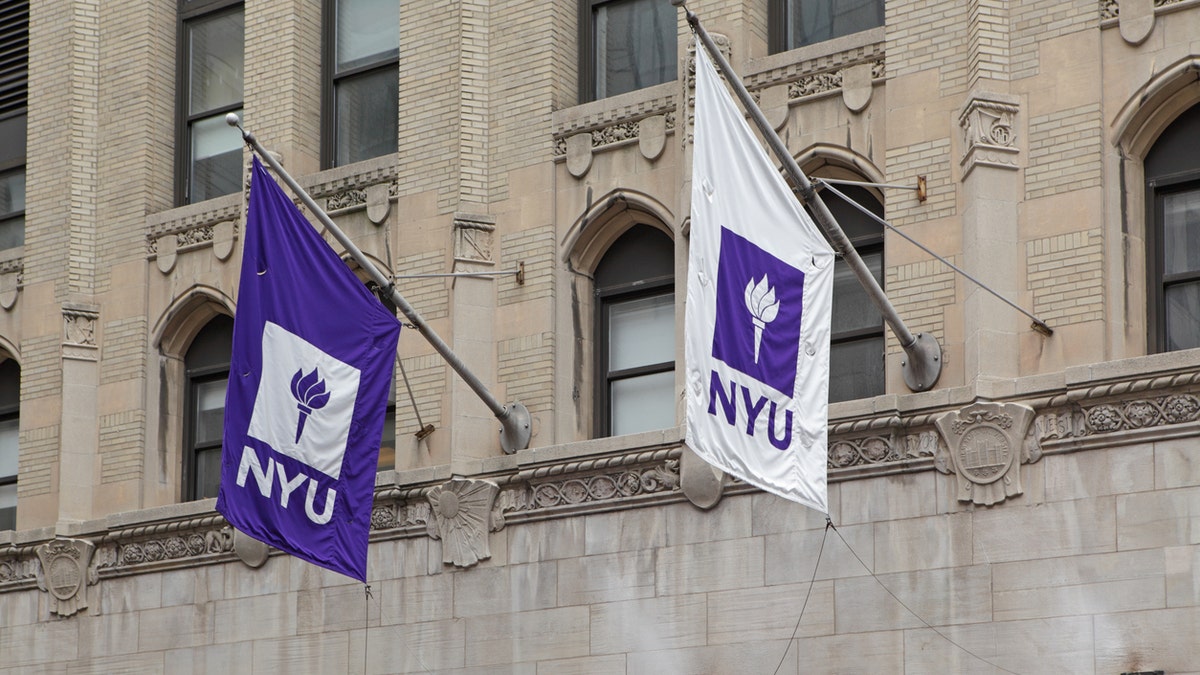Colleges attempt to contain surging COVID-19 cases
Insight from Ophelie Jacobson, Campus Reform correspondent and student at the University of Florida.
New York will force colleges that report more than 100 positive coronavirus cases to move to remote learning, Gov. Andrew Cuomo said on Tuesday.
"The Department of Health is going to do a regulation: any school that goes over 100 COVID-19 positive cases has to report to the Department of Health immediately," Cuomo said at a press conference. "If they go over 100, then the school can get closed down to do remote learning. ... Not good for the students."
COLLEGES STRUGGLE TO CONTAIN CORONAVIRUS DUE TO PARTY CULTURE
New York colleges, including Cornell University and SUNY Fredonia, have already seen outbreaks, Cuomo said. Many universities throughout the U.S. brought students back to campus only to switch to remote learning after students spread coronavirus.
"You have people coming from around the country and around the world to these colleges," the governor said. "Then they go out to party, and they wind up spreading the virus. Nationwide, 108 colleges have already reported more than 100 cases."

NYU banners hang in the breeze. (iStock)
"This is going to be a problem," Cuomo continued. "100 cases can happen very easily."
He reprimanded New York University after students were spotted gathering in large numbers in Washington Square Park. NYU has suspended 20 students for violating coronavirus rules so far.
"Frankly, NYU security didn't do anything about it," Cuomo said. "We say we're New York tough. That is not tough by the NYU administrators, who as soon as they heard about it, they should have said, 'Stop it.'"
When pressed by a reporter, Cuomo said protesting in Washington Square Park compared to socializing in Washington Square Park likely both put individuals at risk of the virus.
CLICK HERE TO GET THE FOX NEWS APP
"The protesters did not have a high number of people from out of state, coming from states with a high infection rate," he said. "One out-of-state person who is infected can be a superspreader. ... How many countries and states are those students coming from? Those are not just Brooklyn, Queens, Bronx."


